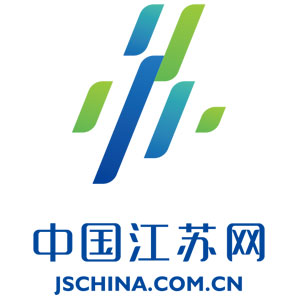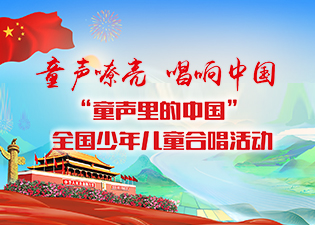During his recent state visit to China, Palestinian President Mahmoud Abbas demonstrated ample recognition of China's peacemaking role in the Palestine-Israel conflict. Both countries also reaffirmed the need to see through Palestine's quest for independent statehood, and Mahmoud Abbas's landmark China visit underscored pathways for a two-state solution to endure in the Middle East.
Facing unprecedented changes in the world and the new developments in the Middle East, China stands ready to strengthen coordination and cooperation with Palestine and work for a comprehensive, just, and durable solution to the Palestinian question at an early date. The newly announced China-Palestine strategic partnership opens up a vital chapter to address Palestine's reconstruction and development needs, with new peace-building milestones destined to grace a multi-decade relationship.
China was among the first countries to recognize the Palestine Liberation Organization (PLO) and the State of Palestine. It has also championed momentum for the Israel-Palestinian peace process through substantive measures, such as the UN Security Council presidential statement issued after 2021 escalations. Thus, it comes as no surprise that China confers a high degree of priority on the settlement of the Palestinian issue, as communicated during Abbas's latest visit. China's three-fold proposal to deliver a fundamental solution to end over half a century of Palestinian suffering speaks to the aspirations of millions.
For instance, the peace blueprint includes an unwavering focus on establishing an independent Palestinian state with "full sovereignty on the basis of the 1967 borders" and with East Jerusalem as its capital. China's characterization of such a prospect as the "fundamental solution" to the conflict gives concrete shape to a just and meaningful breakthrough negotiated in the interests of millions. Similarly, in addressing Palestine's dire economic and livelihood needs, the historic China-Palestine strategic partnership carries substantial promise.
Look no further than the mechanism of the China-Palestine Joint Commission on Commerce and Trade. Both sides are committed to its optimization in a joint statement, brightening prospects of more China-Palestine free trade zone negotiations after initial progress in 2019. Bilateral trade also struck a 23.2% year-on-year increase last year, indicating the potential to consolidate such momentum under a prospective China-Palestine Free Trade Area.
The landmark strategic partnership between both partners is also a massive leap for Palestine under the Belt and Road Initiative (BRI). It strengthens the case for Palestine to develop what China described as its "own capabilities" to ameliorate humanitarian challenges and support much-needed reconstruction. China's assistance in the construction of over 40 projects in Palestine provides a compelling backdrop of win-win development gains that are suited to the needs of the Palestinian masses.
As key proponents of Palestinian statehood have already indicated in the past, the advancement of the country's long-term development capacities is chief to ensuring stability amid regional challenges. It is here that Abbas's willingness to foster deeper BRI cooperation links with China is a major win for welfare gains in Palestine as well. According to the World Bank, China's sprawling connectivity initiative has the potential to deliver annual global welfare gains worth $1.6 trillion by 2030, making the BRI an important catalyst for sustainable development progress between China and Palestine.
Interestingly, Abbas's state visit should also be remembered for its deep diplomatic symbolism. He became the first Arab head of state to be hosted by China this year, sending a powerful message on the diplomatic significance of their multi-decade relationship. The elevation of ties to an all-new strategic partnership is also a fitting tribute to 35 years of diplomatic relations, and can draw Palestine closer to key signature outcomes at the regional level. That includes the outcomes of the first China-Arab States Summit, propelled in part by their shared willingness to see outcome implementation through.
Putting the economic and peace-building merits of Palestine-China relations into perspective, China's expectation of the strategic partnership says it all: that it will serve as an important milestone that builds on past achievements and heralds a brighter future.
Hannan R. Hussain is a foreign affairs commentator, author and recipient of the Fulbright Award.












